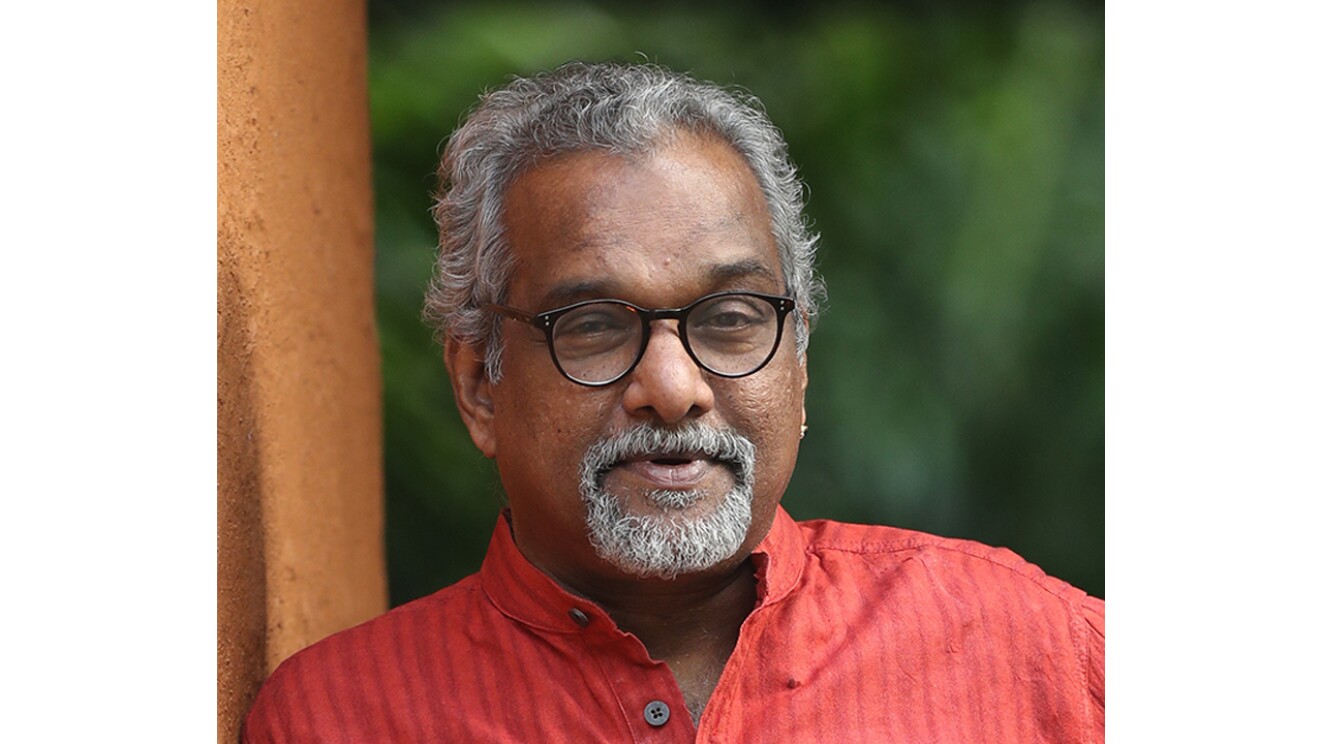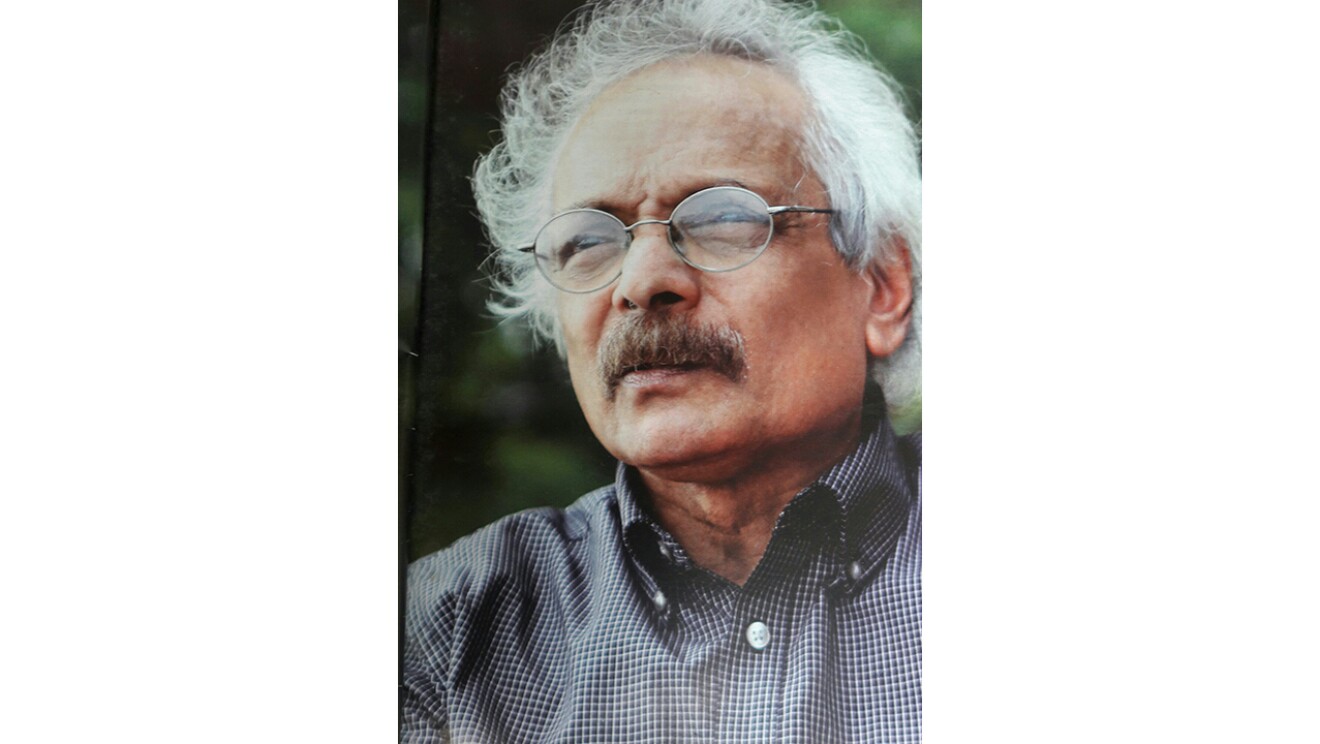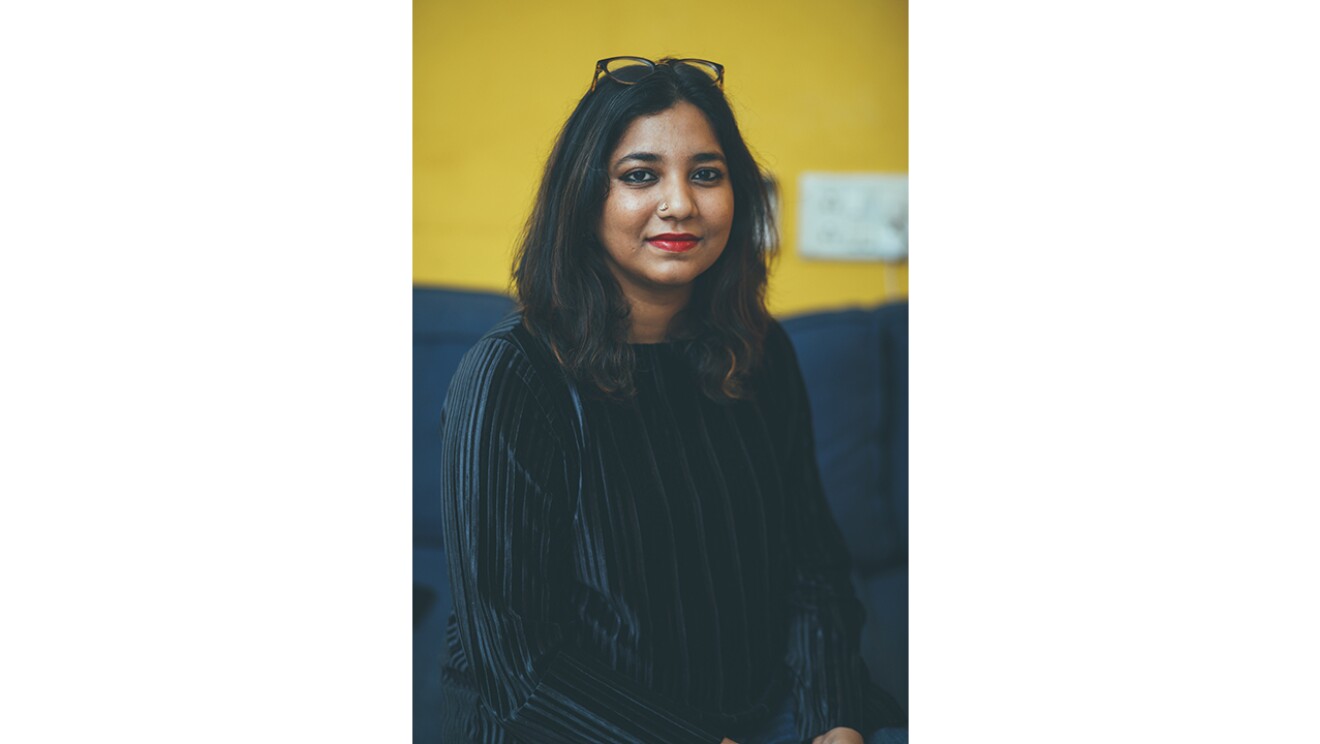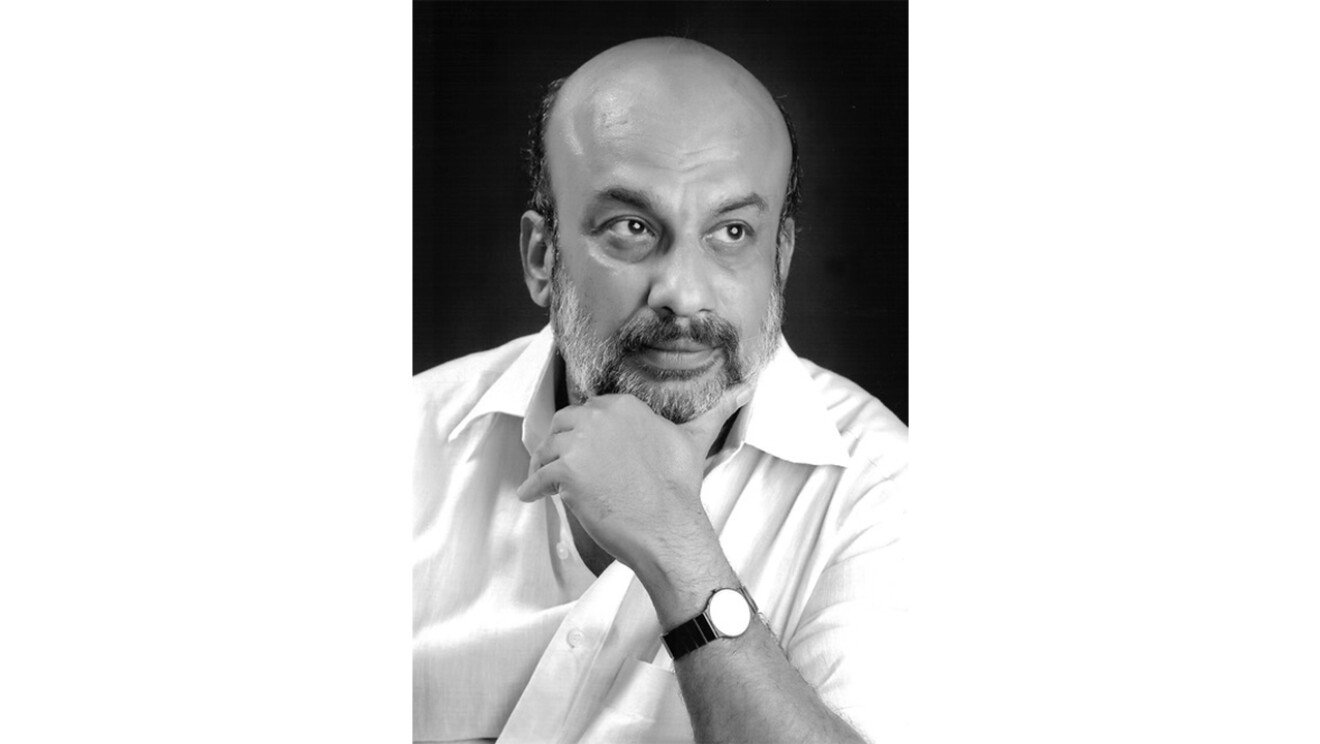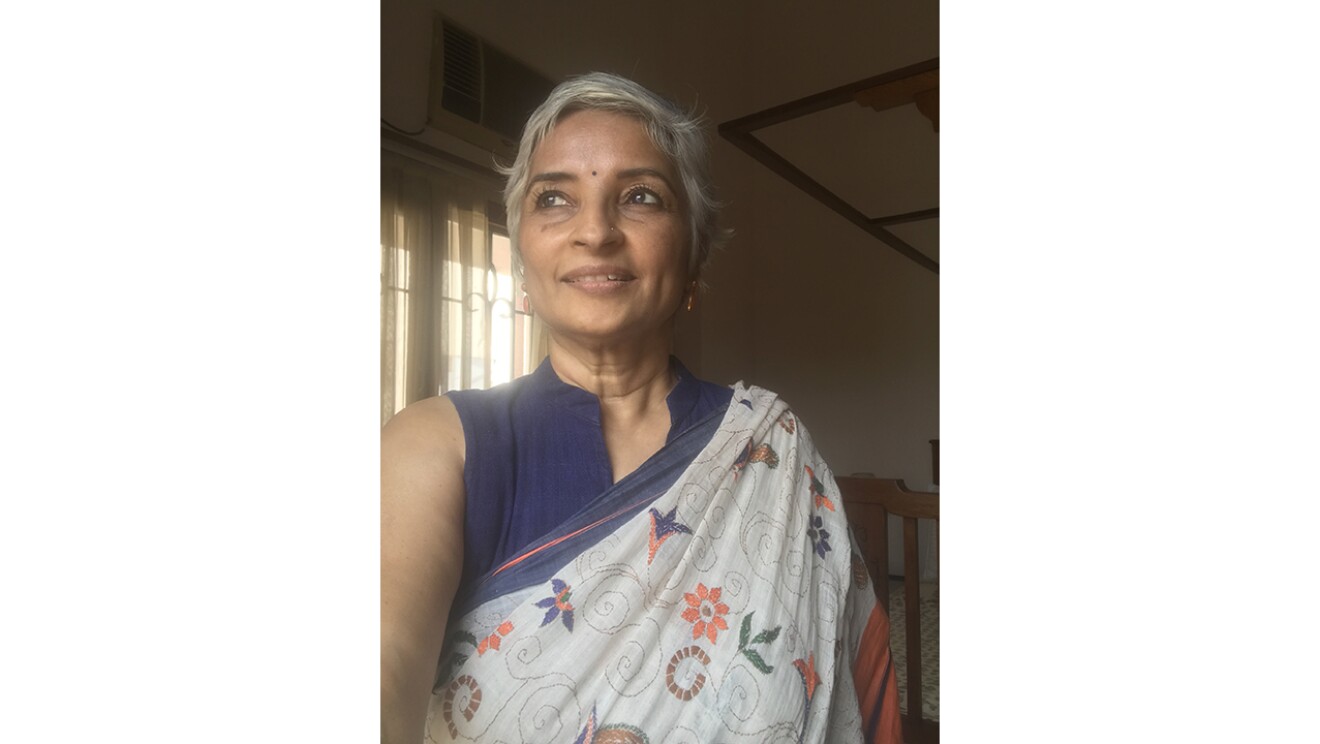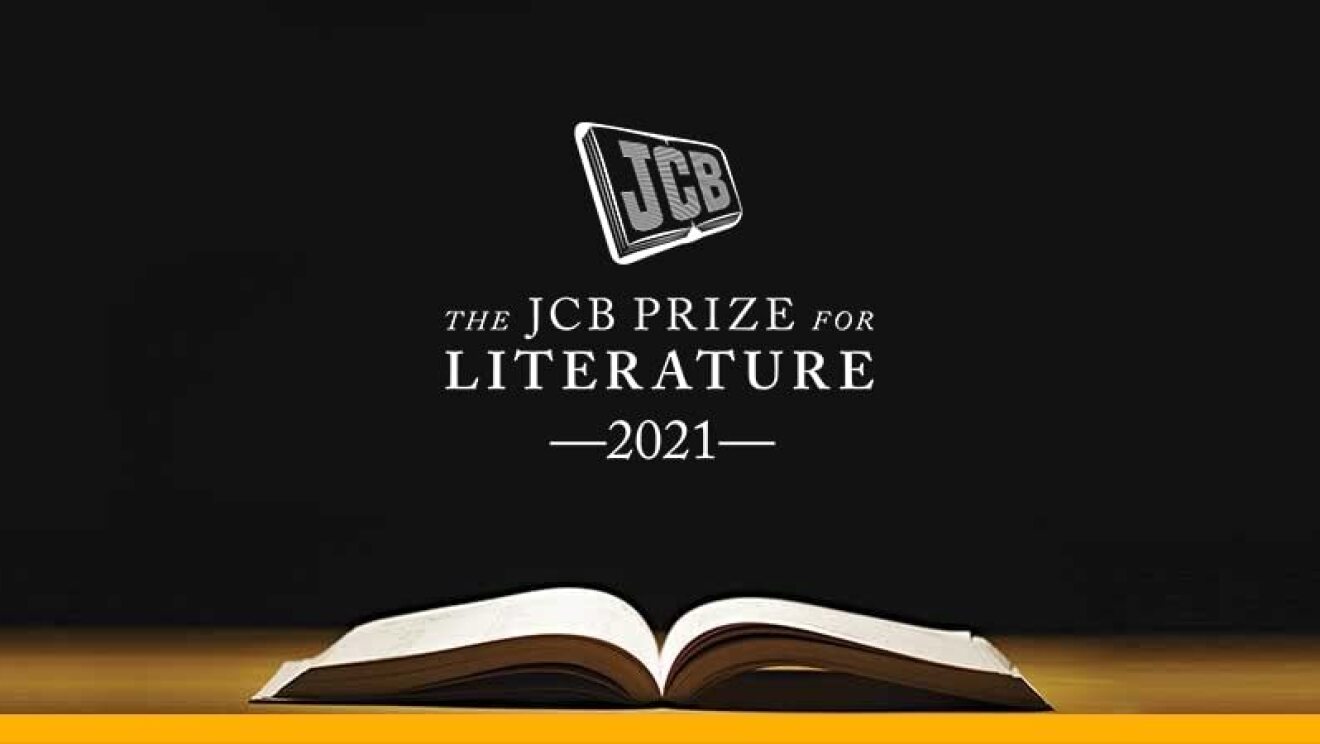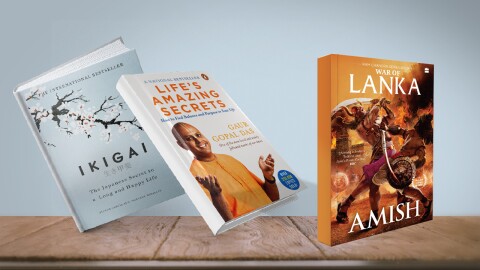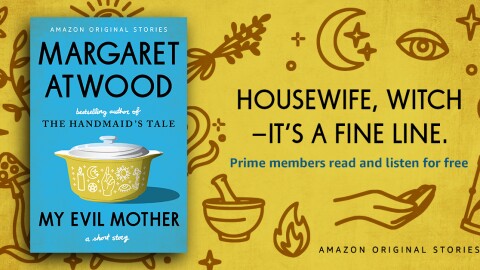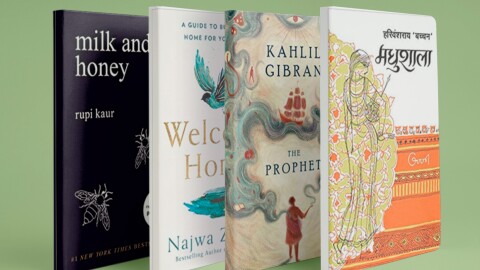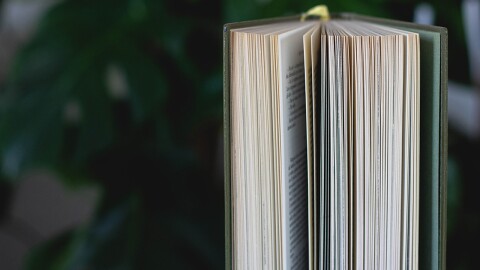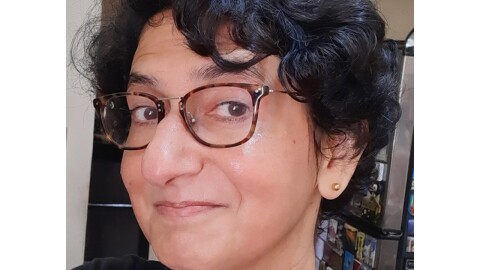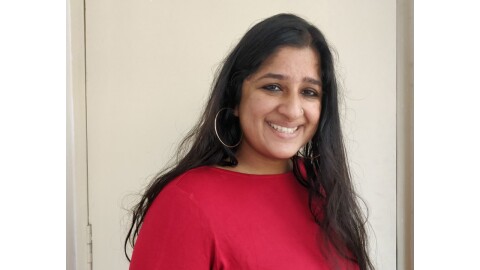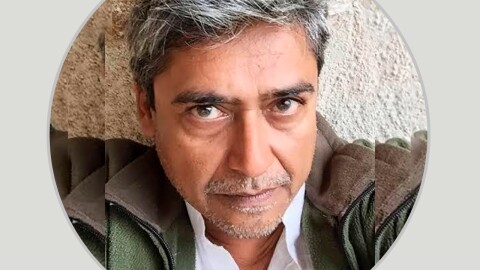Set up in 2018, the JCB Prize for Literature has been celebrating literary achievement in India and creating greater visibility for contemporary Indian writing through its prestigious annual awards. A corporate social responsibility (CSR) initiative, the prize is funded by JCB India, the global construction equipment manufacturer, and administered by the JCB Literature Foundation. Each year, the author of the best contemporary novel is awarded a prize money of INR 25 lakh; while an additional INR 10 lakh is awarded to the translator, if the winning work is a translation. This year, Amazon is partnering with this prestigious Indian literary award, as an online book store partner. This year’s longlisted titles are all currently available on the Amazon Bookstore.
Here we bring you snippets of our conversations with India’s best loved wordsmiths.
Making it to the JCB longlist
Krupa Ge, Chennai-based author of the debut novel, What We Know About Her, says, “The JCB longlist has over the last few years, been the place I go to for new book recommendations. I am looking forward to reading every single book in the longlist, especially Shabir Ahmad Mir’s The Plague Upon Us.” Many like the NYC-based author, Keerthik Sasidharan, whose recent book, The Dharma Forest, has also made it to the JCB longlist, have found it difficult to travel over the past year due to the pandemic restrictions. “As a result, I haven’t had an opportunity to wander in some of my favourite book stores and discover many of these books,” he shares. “That said, I am a committed reader of the great Malayalam writer, M. Mukundan. From his extraordinary, Kesavante Vilapangal, and his classic, Mayyazhippuzhayude Theerangalil-I have watched with great admiration as he has assiduously written new worlds into being. Since my teen years, I have read I. Allan Sealy’s works-from Trotter-Nama onwards-and I greatly look forward to Asoca, a subject I wistfully wish I had written about,” Sasidharan adds.
Irwin Allan Sealy’s Asosca and M. Mukundan’s Delhi: A Soliloquy have both been listed for this year’s JCB Prize for Literature. For his part, litterateur par excellence, Allan Sealy tells us that he’s not yet read any of the long-listed books for this year, but he intends to buy them all before the month is out. On being asked what would be the first thing he’d do if he won this year’s JCB prize, Sealy quipped, “Buy books madly!”
M. Mukundan shares that he has read the Anti-Clock by fantasy fiction author, VJ James, and The Man Who Learnt To Fly But Couldn’t Land by the acclaimed poet and novelist, TP Rajeevan. The original Malayalam novels of both authors have also made it to this year’s longlist.
Writing is both an art and a spiritual practice
On the elusive subject of what inspired them to write their latest books, here’s what some of India’s best scribes had to say. For Allan Sealy, as with many other authors of his genre, it was inspiration from a particular destination that led him to pen down Asosca, “The sight of the great rock at Kalsi, which should be a place of literary pilgrimage for all.”
Says the Wellington-based author of A Death in Sonagachhi, Rijula Das, “I wanted to experiment with form and polyphony. It was an attempt to write a local, regional book, in English, preserving the spirit and form of Bangla literature. I wanted to tell a story that had existed on the margins of our cultural consciousness as exotica, without making it sentimental or pandering to the expectations of tragedy.”
Lindsay Pereira, whose debut novel, Gods and Ends, looks at the lives of Goan Catholics living in a chawl, says, “I wanted to see people like myself-the milieu I belong to, and community that shaped me-behave in a fictional environment. I also wanted to represent what I believe are marginal voices that aren’t afforded the kind of visibility or attention in the mainstream narrative that they deserve. Indian writing in English is bigger and more colorful than what we are often taught to believe; I think that inspired me too.”
Time and age gave me the detached perspective which enabled me to put down everything.
For the civil servant and yet another debut novelist, Daribha Lyndem, whose book, Name Place Animal Thing, has also been longlisted this year, the writing was triggered by good old-fashioned memory. “I always had these stories locked up in a cache of anecdotes. My best friend’s sudden demise jolted all these memories, and I knew that I would eventually have to put them all down before they faded away. It was important for me to write about her. It was also important for me to write about my small town as I remembered it, and create a talisman to a place I call home. I no longer live in Shillong so I hold those stories very dear. It is only when I left Shillong and I grew older that I was able to unlock all these stored memories. Time and age gave me the detached perspective which enabled me to put down everything, ‘emotions recollected in tranquility’ as Wordsworth said.”
For some like Shabir Ahmed Mir, however, it was a more complex relationship with their troubled homelands. “I won't call it inspiration, but rather it is the desperation of having to live in Kashmir in times as I had to; as everyone else here has to. And if I had to put a finger on it, I would say the ignition was provided by the long, brutal Kashmiri Summer of 2016 when the contagion of death and desperation spread like a plague through our streets and houses.”
Words of wisdom for aspiring writers
As Lyndem says, “Start somewhere. That is the hardest part because you will talk yourself out of writing a thousand times before you have even put down your first sentence. And keep at it.” Persistence seems to be the key that most of our authors insist upon. Says Mir, “It is a long, arduous and tiring journey to finish what you are writing (or intend to write) right now. It is hours and days of frustration and loneliness. But, in the end, it is all worth it. So, don't give up.”
Shares Rijula Das, “Writing is an intense and often emotionally demanding process. I want aspiring writers to remember that they are readers and lovers of literature first, writers second. As writers, our first loyalty is to the text, and to the craft. It takes a lifetime to create art. We should be patient, and not conflate the work with our aspirations for it. Read, write, protect your own mental and spiritual space, and take all the time you need. Writing is both an art and a spiritual practice."
The most priceless advice comes from Sealy, “Before you set out to write you must learn to read,” he insists. “Imitation is no sin in apprenticeship. Be your own harshest critic, but not your worst enemy. Look closely at little things. Don't lose sight of the natural world in a digital age. Throw away your phone. Learn a trade. Expect not to prosper. If you do, well and good; if not, you were warned,” he shares, tongue-in-cheek.
Of long cherished dreams
On being asked what would be the first thing he’d do if he won this year’s JCB prize, Rajeevan shared, “Setting up a centre for writers and translators in Kerala has been my long cherished dream. And I have begun the initial works on it in my village, Narayankulam, which is an environmentally ideal one in the valley of the Western Ghat. It is envisaged as a centre for writers from other languages to come and stay together for a certain period and interact with Malayalam writers and, if possible, to translate reciprocally. I will use the award money for completing it.” Says Mukundan, “I would share the glory with all those who write in Indian languages.”
Setting up a centre for writers and translators in Kerala has been my long cherished dream.
On a lighter note, Rijula Das adds, “I will definitely be celebrating! I think it's important to celebrate every achievement and the JCB Prize is a dream for every Indian writer. My heartfelt congratulations (in advance) to whoever wins the prize this year.”
We second her feelings!



